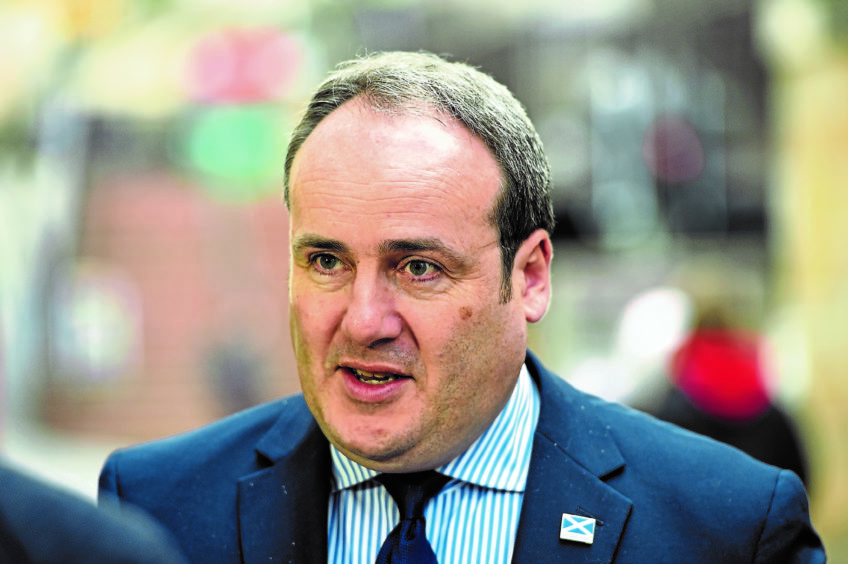
A strict new rule change by the Scottish Government requires offshore wind farm developers to set out how they plan to create local jobs.
North-east projects such as SSE’s Beatrice offshore wind farm in the Moray Firth and Kincardine floating offshore project off Aberdeen, have come under fire in recent years for the lack of local supply chain firms used during construction.
Energy minister Paul Wheelhouse said last night the decision to enforce new rules was not “the most pleasant message for developers” but an important one.
And he singled out Fife-based Burntisland Fabrications, which also has a site on Lewis, as one firm which had experienced “real difficulties” in obtaining work.
Mr Wheelhouse added: “There are some successes, but clearly there are areas of the supply chain that are really suffering.”
Unions have long accused the sector of shunning Scottish firms in an effort to cut costs.
GMB Scotland secretary Gary Smith yesterday described the offshore wind industry as a “scandalous story of missed opportunities” for the supply chain.
The new rules, introduced at a conference in Edinburgh, mean developers bidding for Crown Estate Scotland licences must give cast-iron commitments to involve a percentage of the local supply chain.
It is hoped these will become contractual commitments, which could lead to penalties for non-compliant offshore developers, and sanctions or terminations of licences for those who flout the rules.
Unite the Union’s Scottish secretary, Pat Rafferty, welcomed the government taking a harder line, but said it “must be the start of change and not the end”.
A spokesman for SSE Renewables said the company was “committed to maximising Scottish and UK content during the construction and operation” of its offshore wind projects.
It would “await further details” on the new rules, he said, adding it was critical to maintain a level playing-field for the industry throughgout the UK so that Scottish projects were not disadvantaged.
